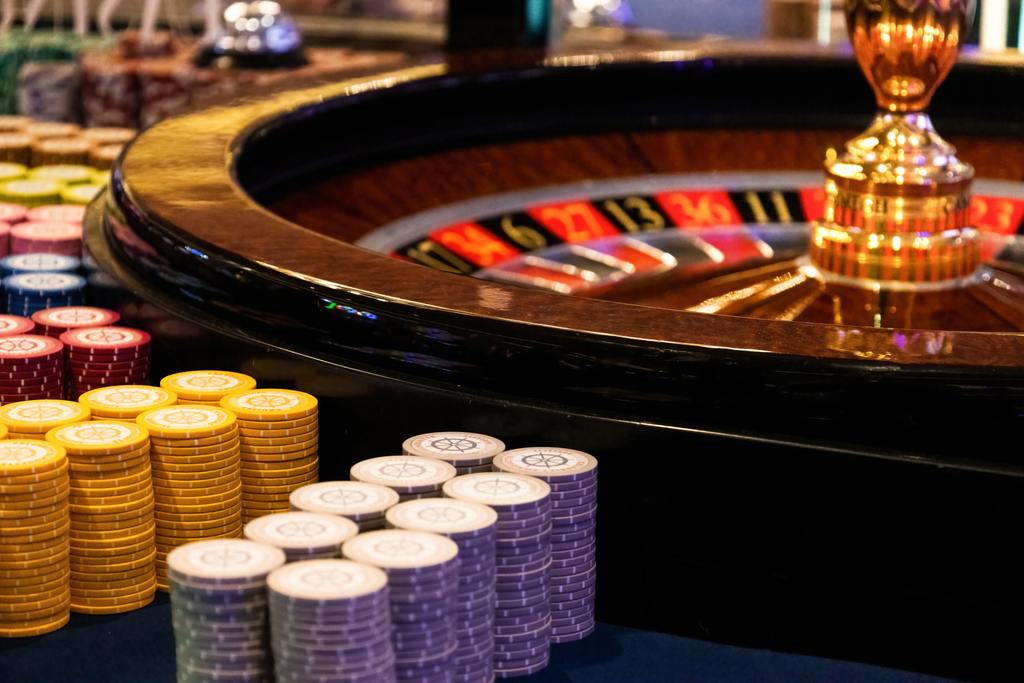
At casinos, feelings tend to be intense. When the players win, they celebrate, and when they lose, they grumble. Others walk out calmly, and others hit the cards and curse the dealer and walk away. For many, the explanation is simple: “bad luck.” But what does luck really mean, and how much of it actually exists in games like blackjack?
The Many Faces of Casino Reactions
Every dealer has seen a range of reactions. There are calm players who accept the outcome, knowing that chance plays a role. There are also frustrated players who take every loss personally. Some believe the game must be rigged, while others blame their so-called bad luck.
But here is the interesting part: not all players understand the basic strategy of blackjack or other casino games. Without learning the rules and odds, it is easy to mistake poor decisions for misfortune, especially when exciting offers such as https://casinosanalyzer.co.nz/free-spins-no-deposit/for-existing-players make players eager to test their luck without proper preparation.
So, what is luck anyway? Do outcomes depend on a mysterious force or something more measurable?
Defining Luck: More Than Just a Word
A “force” that influences results, good or ill, is how the dictionary defines luck. This sounds magical, like the cosmos decides who wins at the tables. That explanation feels unsatisfying.
Another definition is “good fortune or success as the result of chance”. This comes closer to what happens in casinos, but even this is vague. What exactly counts as success? Winning one hand, or walking away with more money than you started with?
For serious players, these broad answers do not help much. That is why many turn to mathematics to better understand how luck appears in games.
Probability vs. Perceived Luck
One way to explain luck is through probabilities. Consider the case in which a bet has 80% probability of winning. When the player loses is that inauspicious? Not really, because there is still a 20 percent chance of losing.
If the player loses twice, chances drop to 4%. The odds of losing three times on that bet are 0.8 percent. It seems unfortunate, yet it’s mathematically possible.
This is where emotions take over. People often mistake unlikely events for bad luck. They convince themselves that they “deserved to win” and that the game robbed them. In reality, the odds simply played out.
Why Players Blame Luck
Blaming luck is a natural human reaction. Instead of acknowledging faults, people seek explanations outside themselves. If they lose after splitting or double down at blackjack, they may blame luck. But if their move went against basic strategy, the real cause was a bad decision.
On the other hand, when players win, they call themselves lucky—even if the outcome came from smart strategy. Skill and likelihood frequently outweigh luck.
Blaming luck generates a self-fulfilling prophecy, say psychologists. When players feel they are unlucky, they play with dread, make bad decisions, and reinforce the perception.
Superstitions and Beliefs at the Table
Superstition has always been tied to gambling. Others shun black cats and believe shattering a mirror brings seven years of ill luck. This is pausing before splitting or doubling down in casinos.
When these players lose, they blame superstition. But in truth, it is their hesitation and refusal to follow strategy that cost them the game. Superstition influences their choices, and poor choices lead to poor results.
Here is a quick look at common gambling beliefs:
- Having a talisman: a rabbitrabbit-foot or coin.
- The evasion of some numbers, such as 13.
- Believing hot or cold streaks exist in slot machines.
- Thinking the dealer has power over outcomes.
- After the ceremony of blowing dice or tapping cards.
These opinions can be reassuring, yet it makes no impact on probability. Casinos are run by math and not magic.
Effort Often Looks Like Luck
It goes by the saying that the harder you work, the more you get. This is ideal in casinos. Those players, who learn the game, train in the fundamentals of strategy and remain disciplined, will have improved results. The preparation, persistence and planning make more success than the mystical force.
In black jack it involves how to know when to hit, stand, split or double up. In poker, it implies, reading opponents and taking care of bankrolls. With time, hard work produces a system of victories which individuals might assume are fortunate.
Random chance plays a role in each individual round, but over the long-term success is skill-based.
The Psychology of Luck in Gambling
Luck is not only about mathematics. It is also about psychology. It is human nature to seek patterns and make a meaning. They call something that occurs in an unforeseen way luck.
This cognitive bias is used to deal with uncertainty. Nevertheless, it may bend their views towards probability. One winning streak can make an individual feel invincible and one losing streak can make someone believe that he or she is cursed.
This habit has an influence on table decisions. Players pursue victory instead of pursuing logical paths, make unthought-out bets, or quit. The perception of luck helps in every instance more than the math.
Skill vs. Chance the Actual Balance.
In every casino game, there is equilibrium between the skill and the chance. Some games such as roulette or slots rely nearly solely on luck, and others such as blackjack and poker are competitive based on skill and knowledge.
Nevertheless, even professional gamers are not able to restrain all results. It is there where luck comes in; it is merely the way people perceive these random outcomes.
Here are a few key contrasts to understand:
- Slots: Almost entirely chance, little room for skill
- Roulette: Roulette is all about chance, there is, however, a betting strategy.
- Blackjack: This is a combination of skill and chance with a simple strategy and a lower house advantage.
- Poker: Poker is a game that is heavily skill-oriented, yet luck plays a role in the short term.
The conclusion is obvious, labor and experience better the chances, but there can never be a game without luck.
Why Players Cling to the Idea of Luck
Why do players insist on using the word “luck” when talking about wins and losses? The answer lies in emotion. Luck feels personal. It makes victories sweeter and losses easier to swallow. It provides a story, something to blame or celebrate.
Casinos thrive on this belief. Marketing slogans often highlight luck — “test your luck”, “try your lucky hand”, or “feeling lucky tonight?” These phrases keep players engaged, even when the math is against them.
At the same time, luck gives hope. Despite small odds, the next spin or hand might change everything.
Final Thoughts: Does Luck Really Exist?
In the end, luck is not some magical power guiding outcomes. It is a mix of probability, psychology, and perception. People call rare events unlucky, and common successes lucky. But the truth is that casino games run on math.
Winners often claim they were lucky, even when strategy was the real reason for success. Losers often blame luck, even when poor choices were responsible.
So, is luck real? Yes, but only if people believe. Mindset, preparedness, and decisions matter more than unseen forces.
At a blackjack table, play intelligently, enjoy the game, and tip the dealer.



